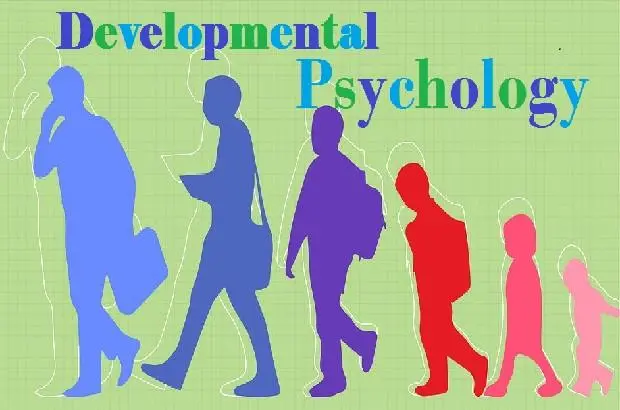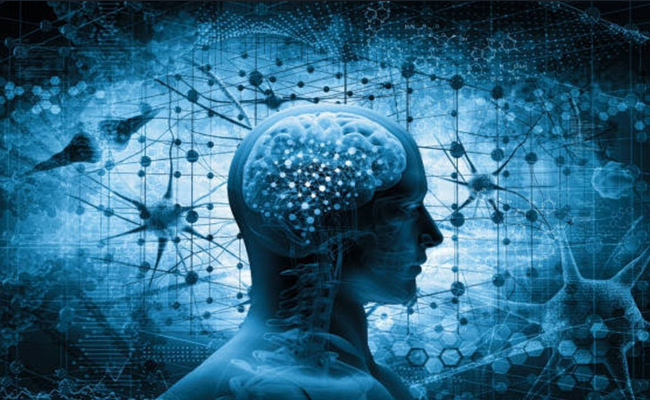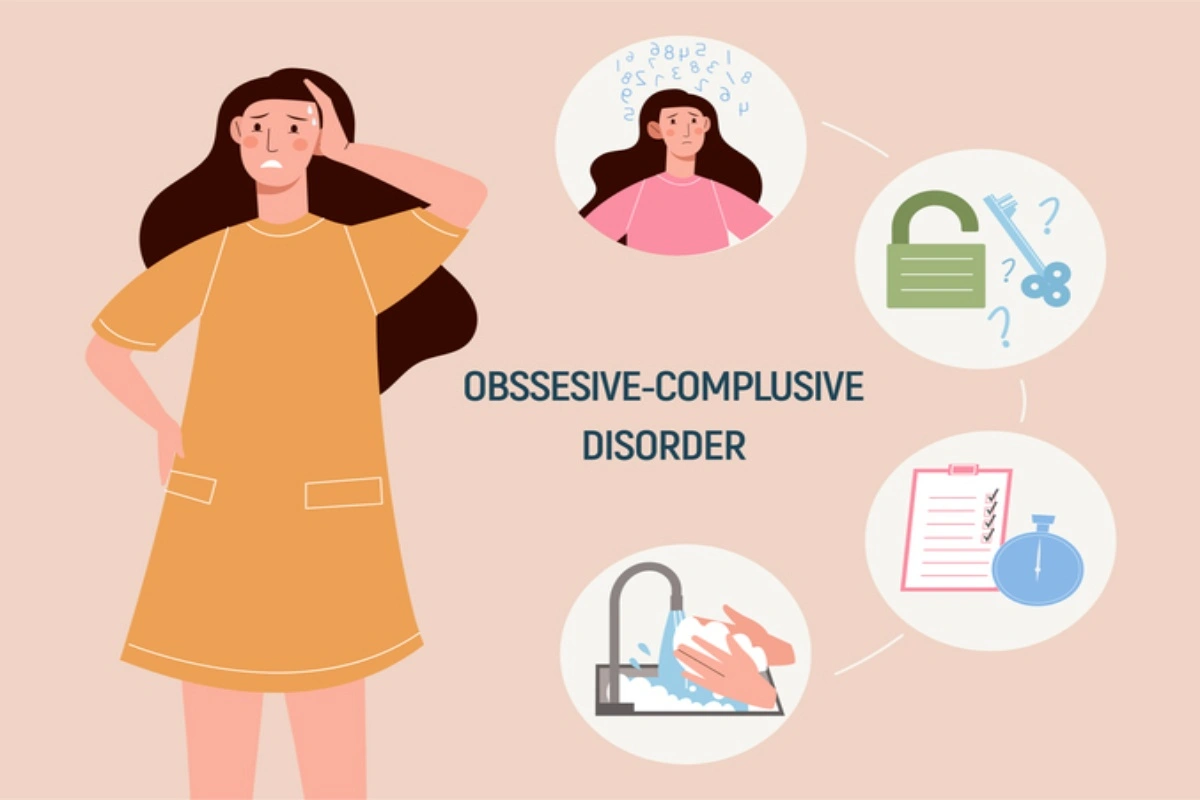Developmental Psychology: Developmental psychology is a fascinating field that seeks to understand how individuals grow, change, and develop across their lifespan. It explores the psychological processes and factors that shape human development from infancy to old age. By studying various aspects of development, such as cognitive, emotional, social, and physical, researchers and practitioners gain valuable insights into the complexities of human nature. This article provides an overview of developmental psychology, highlighting key theories, milestones, and influential factors that contribute to our understanding of human growth and change.
Theories of Development
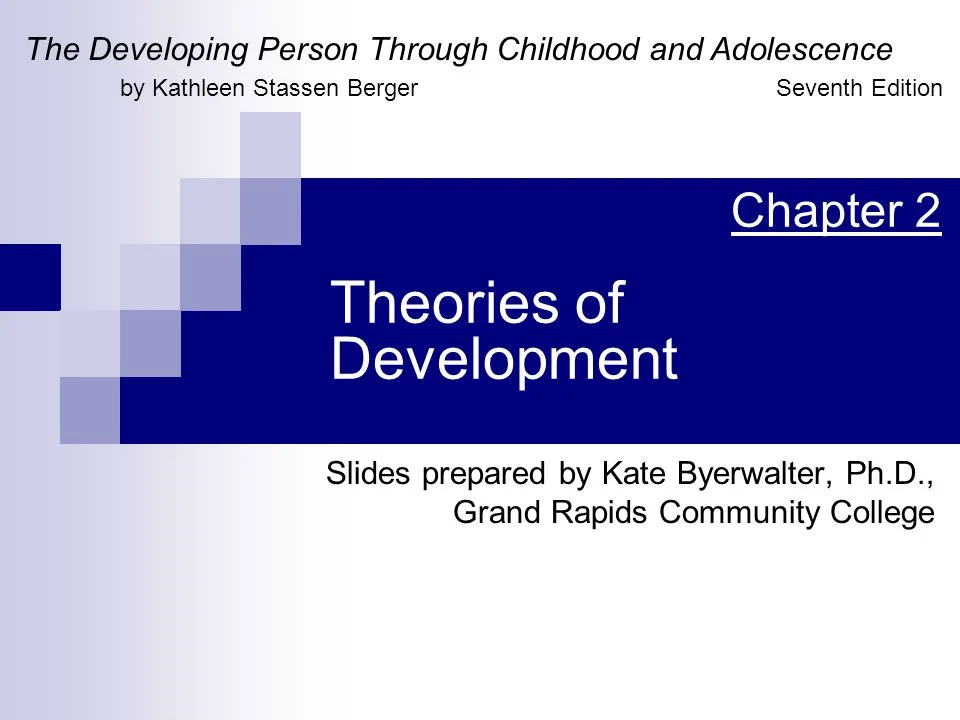
Developmental psychology is guided by several influential theories that explain how individuals progress through different stages of life. One such theory is Jean Piaget’s cognitive development theory, which suggests that children actively construct their understanding of the world through a series of sequential stages. Another prominent theory is Erik Erikson’s psychosocial theory, which emphasizes the importance of social interactions and identity formation across the lifespan. These theories, among others, provide frameworks for understanding the complex interplay between nature and nurture in shaping human development.
Early Childhood Development
During early childhood, significant cognitive, emotional, and social developments occur. This stage is characterized by rapid language acquisition, the emergence of symbolic play, and the development of self-awareness. Piaget’s theory of cognitive development highlights the sensorimotor and preoperational stages, during which children acquire object permanence and symbolic thinking. Furthermore, early experiences with caregivers and interactions with peers play a crucial role in the formation of attachments, emotional regulation, and social skills.
Adolescence:
Adolescence is a period of significant physical, cognitive, and social changes. It is marked by the search for identity and autonomy, as individuals transition from childhood to adulthood. Erikson’s theory of psychosocial development emphasizes the identity versus role confusion stage, during which adolescents explore various roles and values to establish a coherent sense of self. This phase also brings challenges, such as peer pressure, risk-taking behaviors, and the need to navigate complex social relationships.
Adulthood:
Adulthood encompasses various stages, including emerging adulthood, young adulthood, middle adulthood, and late adulthood. During these stages, individuals face diverse challenges and opportunities. Cognitive abilities reach their peak in early adulthood, while middle adulthood is often characterized by increased responsibilities and the pursuit of career goals. In late adulthood, cognitive decline and retirement present unique challenges. However, many older adults experience life satisfaction and continued personal growth, emphasizing the importance of lifelong learning and social engagement.
Influential Factors in Development
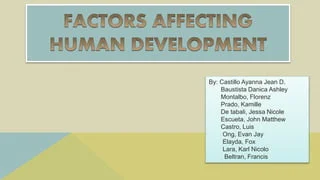
Developmental psychology recognizes the influence of both nature and nurture on human development. Biological factors, such as genetics and brain development, interact with environmental influences, including family dynamics, culture, socioeconomic status, and educational opportunities. The interplay between these factors shapes individuals’ development and highlights the need for a holistic approach to understanding human growth.
Developmental psychology provides valuable insights into the intricate processes and factors that shape human growth and change. By examining different stages of development, theories, and influential factors, researchers and practitioners gain a deeper understanding of the complexities of the human experience. This knowledge contributes to the development of interventions, programs, and policies aimed at promoting healthy development and improving the well-being of individuals across the lifespan. By appreciating the intricacies of developmental psychology, we can foster a more compassionate and informed society that nurtures the potential of every individual.
Read Also: Positive Psychology
![]()

